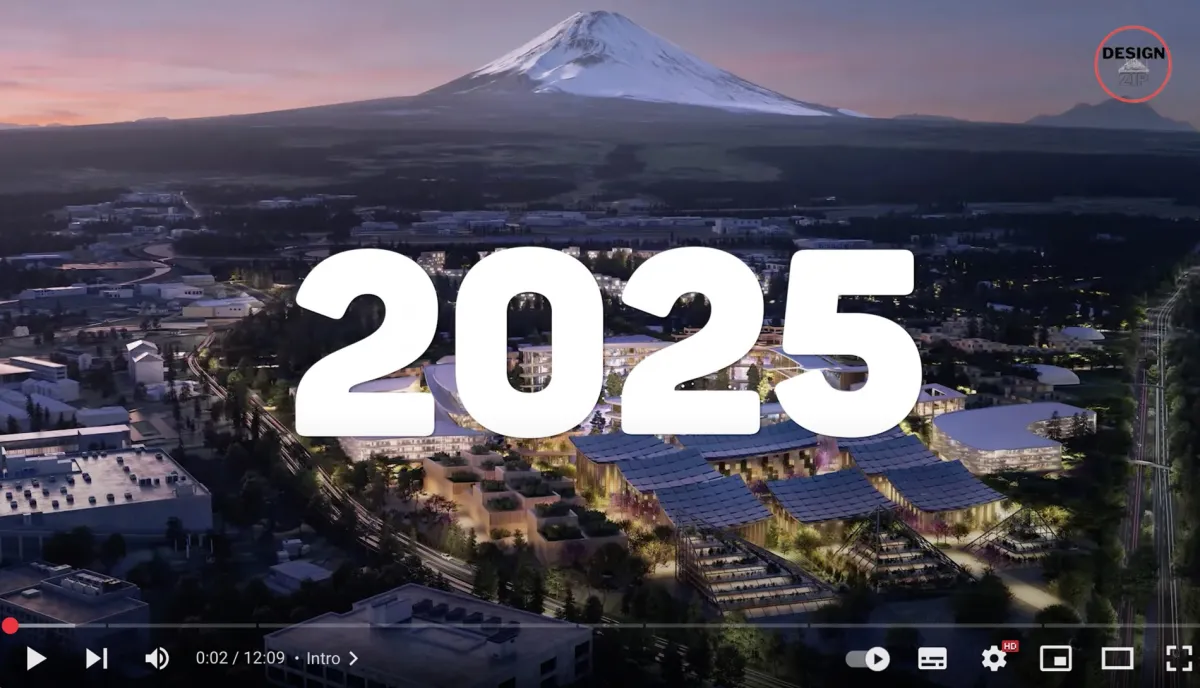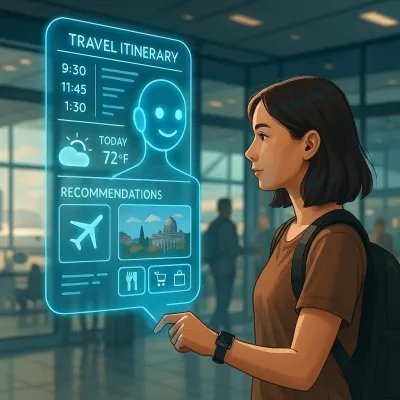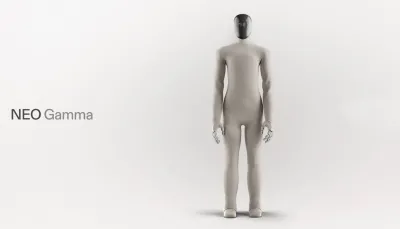Future of travel, mobility, and technology
Quality of life
Sustainable energy
AI-enhanced infrastruct
Smart hospitality
Immersive guest experiences
LEED Platinum certification
mindset shift in urban design
Founders
Technologists
Dreamers
startups
academic institutions
research partners
mobility
smart living
sustainable tourism
co-designed, co-built, co-lived
Inside Woven City: Toyota’s Living Lab Reimagines Urban Innovation

Future of travel, mobility, and technology
Quality of life
Sustainable energy
AI-enhanced infrastruct
Smart hospitality
Immersive guest experiences
LEED Platinum certification
mindset shift in urban design
Founders
Technologists
Dreamers
startups
academic institutions
research partners
mobility
smart living
sustainable tourism
co-designed, co-built, co-lived
At the foot of Japan’s iconic Mount Fuji, a bold new experiment in human-centered urban design is quietly unfolding. It’s called Woven City—a fully connected prototype city built from the ground up by Toyota. But this is more than a futuristic skyline. It’s a statement. A question. A blueprint.
And for those of us invested in the future of travel, mobility, and technology, Woven City is the clearest signal yet that the next era of innovation won’t be imagined in labs alone—it will be lived.
A City Where Innovation Is Not Installed—It’s Embedded
Unveiled in 2020 and breaking ground a year later, Woven City is built on the site of Toyota’s former Higashi-Fuji plant in Susono City, covering 708,000 square meters. Upon full completion, the city will host 2,000 residents—not just as inhabitants, but as co-creators. The first 100 “Weavers,” mostly Toyota employees and families, move in this fall (2025).
At BAE Ventures, we see Woven City as a real-time manifestation of what happens when corporations don't just invest in startups—they adopt startup thinking themselves.
This isn’t urban planning. It’s urban prototyping.
Mobility Is the Framework. People Are the Focus.
Three interwoven street grids shape the city—each dedicated to a different mode of movement: autonomous vehicles, micro-mobility (think bikes and scooters), and pedestrians.
Logistics are routed underground, creating space and safety above.
This human-first approach mirrors our own belief at BAE Ventures: when mobility evolves, so does quality of life.
Inside homes, sensors powered by AI monitor health and wellbeing. Outside, autonomous vehicles glide silently across hydrogen-powered infrastructure. Even the construction techniques—robot-assisted wooden architecture inspired by Japanese joinery—speak to a future that respects tradition while embracing transformation.
The Future of Travel Starts With Cities That Learn
As a venture firm deeply embedded in travel and tourism innovation, we see Woven City as a testbed for everything from smart hospitality and immersive guest experiences to AI-enhanced infrastructure and sustainable energy.
The city’s LEED Platinum certification—the first of its kind in Japan—signals more than sustainability. It speaks to a mindset shift in urban design: cities that don’t just serve people, but learn from them.
And the implications for the travel industry are immense.
Imagine travel experiences where environments adapt to visitors in real time. Imagine logistics networks that shift dynamically based on behavior and demand. Imagine destinations that are as intelligent as the people visiting them.
Why It Matters to the Innovation Ecosystem
Woven City isn’t just about Toyota—it’s an open invitation. A call to founders, technologists, and dreamers to plug into a real-world platform where innovation meets iteration.
Toyota has said it envisions the city as a home for startups, academic institutions, and research partners. For founders building the next wave of mobility, smart living, and sustainable tourism, this is a rare opportunity: to test bold ideas not in theory—but in practice.
And that’s where BAE Ventures comes in. We’re not just watching projects like Woven City—we’re actively scouting, supporting, and funding the startups poised to shape the next phaseof this story.
Welcome to the Living Future
Woven City represents more than a tech-forward development—it’s a radical rethink of how cities, companies, and communities can collaborate. It shows us a future that’s not only possible—but in progress.
At BAE Ventures, we believe the future of travel will be co-designed, co-built, and co-lived.
And Woven City? It’s proof that when innovation is embedded into the everyday, the extraordinary becomes reality.
Are you building the future of travel, mobility, or smart urban experiences? Let’s connect.
Together, we’ll shape what comes next.
Curious what the future of cities might look like?



